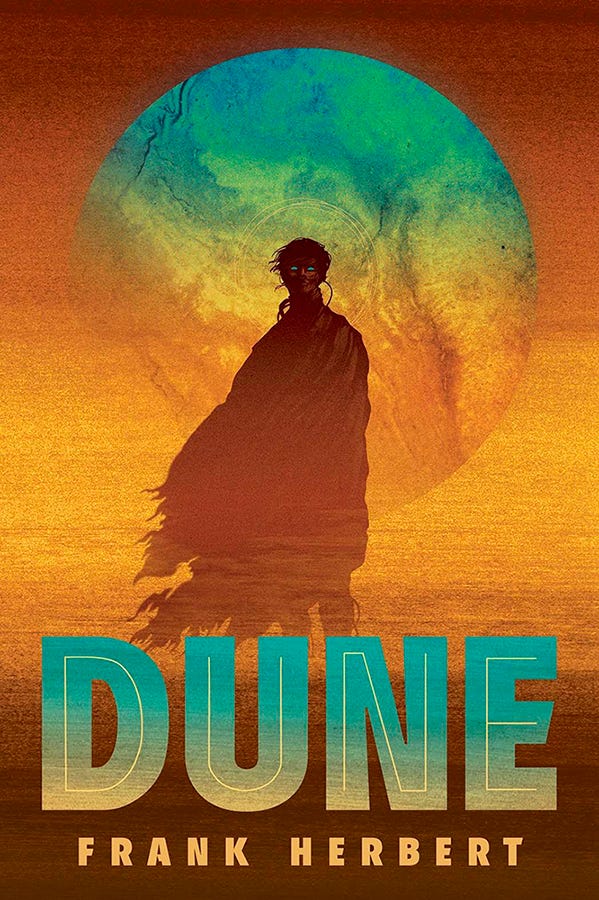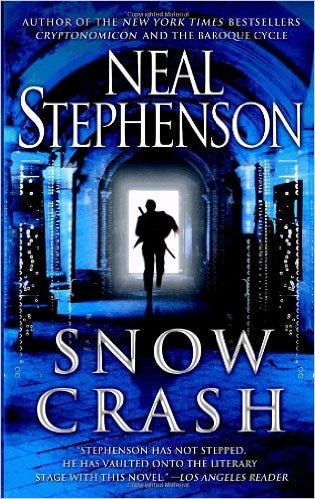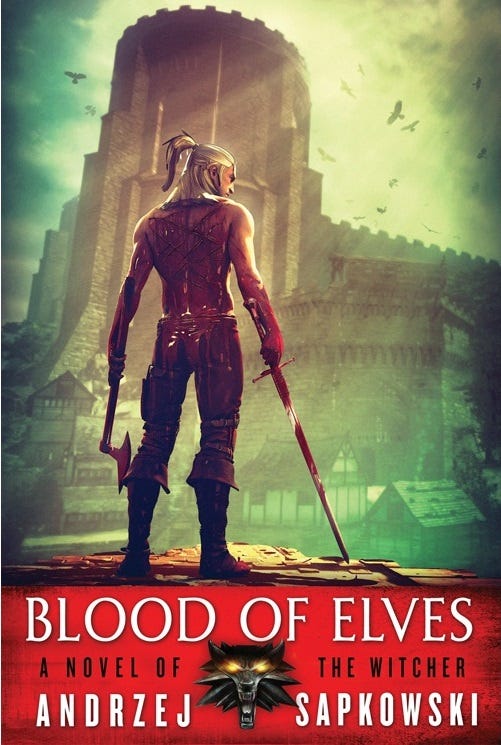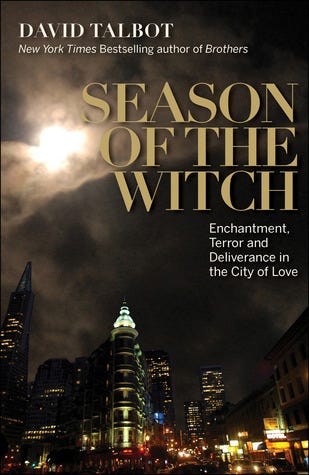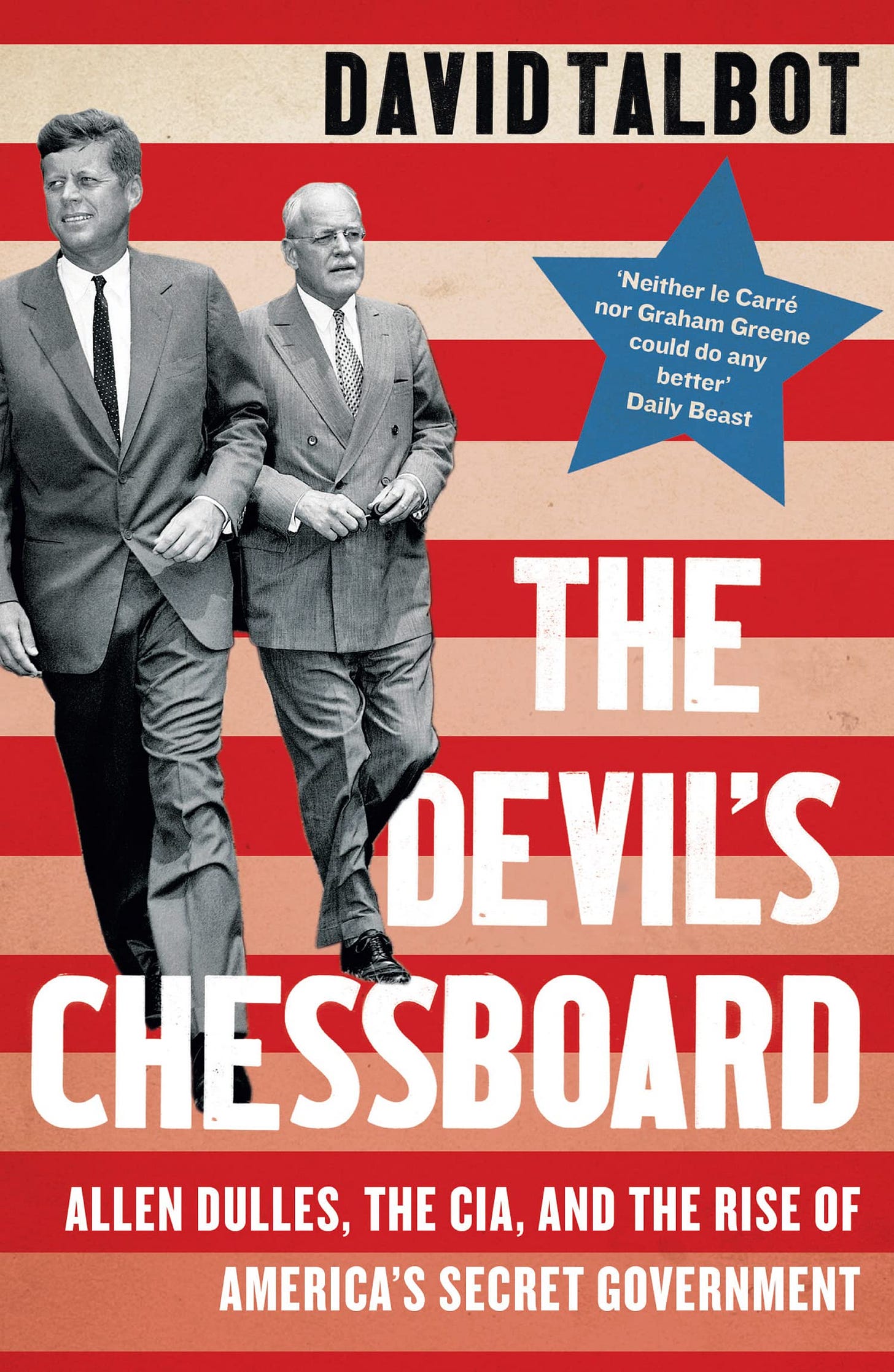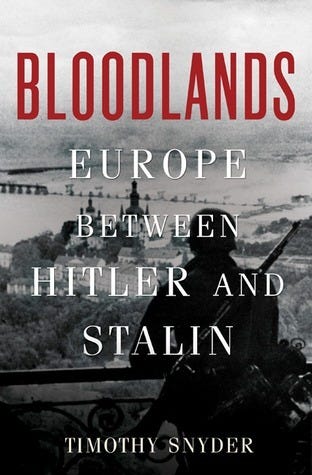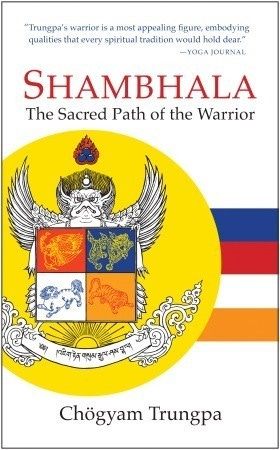The Deep Reads: Books That Rewired My Brain
From sci-fi prophecies to ancient wisdom - the books that became my teachers
Books have followed me everywhere since moving to the US at 19. Growing up, I read everything - comics, then tons of Agatha Christie novels we had at home. I've moved 18 times since arriving in America, and books were always my heaviest possession. I'd build up collections, then donate entire libraries when moving became too hard. The SF Public Library got one whole collection when the weight was killing me. I kept accumulating books even when they made my life harder - every move was a choice between convenience and keeping them.
I'm back to collecting physical books. My shelves now hold about 200, plus hundreds more on Kindle. Some books stick with you long after you close them - they change how you think about life, people, or problems. Here are the ones that shaped me most, starting with fiction.
My co-founder introduced me to Dune during our failed startup in 2014. It's the best philosophical sci-fi I've read. The famous line "Fear is the mind-killer" resonated, but the full quote is even better: "I must not fear. Fear is the mind-killer... I will face my fear. I will permit it to pass over me and through me." What makes Dune brilliant is how it subverts the chosen one narrative. Instead of celebrating the hero's journey, it shows the horrific consequences of messianic power.
Snow Crash is Neal Stephenson's most accessible book - shorter and faster-paced than his later thick books. A friend of mine credits it with inspiring his move to America after it introduced him to Silicon Valley culture and possibilities. The book predicted virtual worlds, digital currency, and the gig economy decades early. But what makes it brilliant is the central concept: the Snow Crash virus that can crash both computers and human minds. Stephenson explores how language and code are fundamentally the same - both capable of reprogramming machines and consciousness. I've reread it several times, and that core idea still fascinates me.
I discovered The Witcher through the video games, then read Andrzej Sapkowski's entire series a few years ago on a friend's recommendation. It's a complex world with well-developed characters, steeped in Eastern European folklore that reflects the Polish author's background. What makes The Witcher compelling is how it subverts fantasy tropes through moral ambiguity. There are no clear heroes or villains - just people choosing between bad and worse options. Main character Geralt embodies this perfectly. He tries to stay neutral and avoid larger conflicts, but fate keeps forcing him into situations where his choices have massive consequences.
I've read about 85% of Stephen King's books. He's a master of psychological horror who understands the dark corners of human nature and our capacity for both evil and redemption. I can't pick one favorite - it would take a top-10 list at minimum. What impresses me most is his consistency. King publishes roughly one book per year, yet the quality never drops - in that regard, he is Elton John of literature. For newcomers, start with Different Seasons, Carrie, The Shining, Misery, or Salem's Lot. Even if you haven't read him, you probably know his work through film adaptations like The Shawshank Redemption, The Green Mile, It, or The Shining.
I just finished Lonesome Dove, set in the 1870s, and was blown away by the characters and realistic setting that vividly captures life in the American West. Ex-Rangers longing for adventure set out on a cattle drive from Texas to Montana. What makes Lonesome Dove compelling is how it subverts the romanticized Western myth through the friendship between Augustus McCrae and Woodrow Call. What starts as a straightforward cattle drive becomes a meditation on loyalty, regret, and the cost of living by rigid codes. The realistic setting amplifies this - showing how harsh frontier life strips away romantic notions and reveals what people are really made of. In some ironic way, it reminds me of my trip through the USA.
Transitioning to non-fiction, my favorite book about San Francisco is Season of the Witch. Author David Talbot focuses on the 1960s through 1980s, especially the dark 1970s, capturing San Francisco as a place of extraordinary liberation and creativity that was also haunted by violence and darkness. The book covers the Zebra killings, the Zodiac killer, the Jonestown tragedy linked to the city, and the assassinations of Harvey Milk and Mayor Moscone. Talbot shows how the 49ers ultimately lifted SF out of its collective depression in the 1980s. For another perspective, Herb Caen's "Baghdad by the Bay" offers a fascinating time capsule of 1940s San Francisco - it's high on my reading list.
"VC: An American History" covers 400 years of America's wealthiest families putting chunks of their capital into risky new businesses, starting with whaling expeditions and ending with Silicon Valley. The payoff distributions between whaling and VC are strikingly similar—whaling agents operated much like today's VC firms, intermediating between wealthy investors and ship captains while most voyages earned modest returns and a few big hits compensated for all the losses. The book traces the formation of partnerships and standardization of investment contracts and covers every industry that became a "venture focus," from whaling and cotton manufacturing to the formation of venture capital after World War II in the SF Bay Area, and all the way through Silicon Valley's late 1990s bubble.
How the Internet Happened: From Netscape to the iPhone tells the story of the internet from the mid-1990s to late 2000s. It starts with the big bang of the Mosaic browser and Netscape, then moves through Bill Gates's vision for the information superhighway, AOL, Yahoo, Google, Facebook, and Web 2.0, ending with the iPhone's launch in 2007. The book works whether you lived through this era or want to understand it for the first time. I've read 50+ books on tech industry history, and this one stands out for its writing and comprehensive coverage of the key moments that shaped the internet.
The Devil's Chessboard is David Talbot's controversial biography of CIA first director Allen Dulles. It examines how intelligence, business, and political power intersected in post-war America. The book covers the 1953 Iran coup in great detail, making it especially valuable for anyone interested in that country's history. The book ends with the JFK assassination, which gets a bit speculative, but Dulles's Nazi connections and the CIA's early operations are genuinely shocking. I've recommended this to several friends, and they've all thanked me afterward. Talbot's writing makes complex political machinations readable and gripping.
Bloodlands covers the mass killings in Eastern Europe between 1933-1945, examining how ordinary people became complicit in extraordinary evil. The book focuses on the region that includes today's Ukraine, Lithuania, Poland, and Belarus - areas that got hit by both Stalin's Red Terror and Hitler's genocide. This period deeply affected my own family, so Stalin's sections hit as hard as Hitler's. The late 1930s Red Terror is often overshadowed by the Holocaust, but Snyder gives it equal weight. For anyone trying to understand this brutal period in Eastern Europe, there's no better book. Timothy Snyder's writing made me care about history after years of being turned off by how it was taught in school. Bloodlands is unflinching but essential reading about how much suffering this region endured.
Shambhala: The Sacred Path of the Warrior uses the metaphor of the "gentle warrior" to teach Buddhist principles for daily life. Chögyam Trungpa focuses on three core ideas: true strength comes from gentleness rather than aggression, fearlessness develops by accepting uncertainty instead of trying to control outcomes, and wisdom emerges from direct experience rather than just intellectual understanding. The book feels mystical and isn't for everyone, but it stands out among the 50+ Buddhism books I've read. Trungpa was a brilliant but controversial figure in Tibetan Buddhism, and this book distills complex teachings into practical guidance. If you want something more accessible to Western readers, try Pema Chödrön instead.
The Tibetan Book of Living and Dying by Sogyal Rinpoche adapts Tibetan Buddhist teachings on death and consciousness for Western readers. Don't confuse it with The Tibetan Book of the Dead, which I found nearly impossible to understand. This book helped me process my mother's death and think about mortality differently. Western culture avoids discussing death, but the Eastern approach offers useful perspective. The first half covers general Buddhism you'll find elsewhere, but the second half on death is unique. The book details three bardo stages: the dying process itself as physical and mental functions dissolve, the moment after death when pure consciousness appears, and the intermediate state before rebirth where consciousness experiences visions based on past actions. This final stage can last up to 49 days and determines the next life. What struck me is how the 40-day period after death appears significant in Eastern Orthodox Christianity, Hinduism, Catholicism, and Islam too.
These thirteen books represent more than just good reads - they're the ones that stuck with me through constant change. Some taught me about power and its dangers, others about facing fear or finding meaning in suffering. A few helped me understand death, while others showed me different ways to live. The best books don't just entertain you for a few hours or days; they become part of how you think. After 18 moves and countless donated books to libraries, these are the stories and ideas I keep coming back to. They've shaped how I see the world, and I suspect they'll keep influencing me long after I've forgotten most of what I've read. That's the real test of a great book - does it change you? These did it for me.


